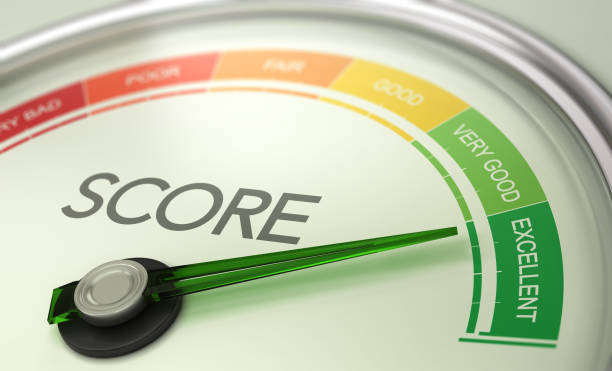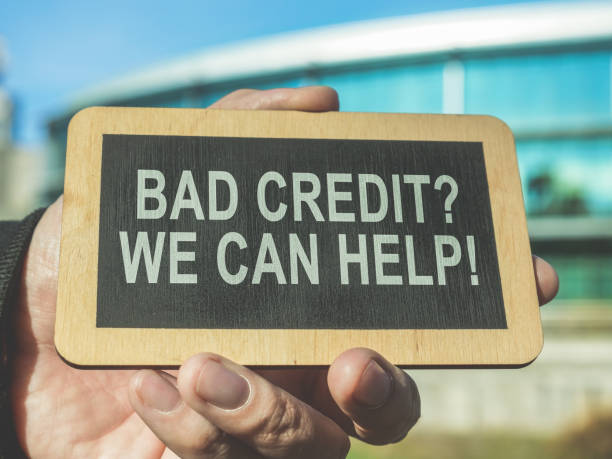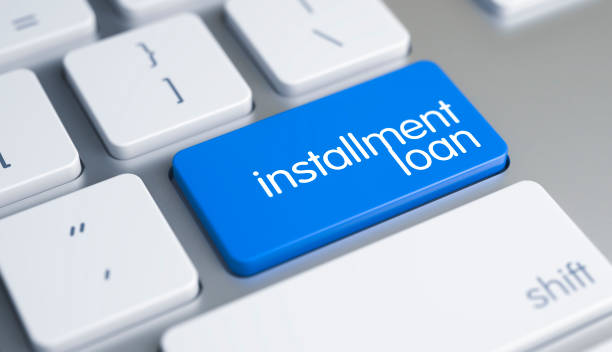
If you have been turned down for a loan and fear that you may not get a mortgage for your dream home, you must not despair. You can take some action to pay your current debts and improve your credit score.
As per Experian, if your credit score is above 800, it is good. The higher the credit score, the higher the creditworthiness of the borrower. Individuals with good and well-managed finances may grab an affordable loan quote to update their lifestyle.
A credit score is paramount to lenders as they decide to lend money to a borrower. Each lender has its way of evaluating the individual’s affordability by basing which he may reject or accept your application. But the common factor that reduces the chances of loan approval is – Low or bad credit scores.
Signs you have a bad credit Score
If you are clueless about whether you have bad credit or not, here are some signs to check out:
- Pending bill payments
- Pending loan payments
- Loan defaults
- CCJs
- Bankruptcy status
- No credit history
- Too many short-term loans
- Non-removal of paid debts
If your credit report reveals any of these signs, you have a bad credit history or score.
“What Should You do now?”
Well, spending habits play a crucial role in defining credit score. To improve it, you should ensure responsible payments, avoid spending on discretionary items and use credit cards wisely. Doing so will have a positive impact on your credit score.
There are ample things other than these that you can do to improve your credit score. And the most important part is clearing debts.
How to improve your credit score by clearing debts?
Too many debts in your credit profile negatively preview the lender. If you approach them for a minimal loan, you may face rejection.
The higher the debts, the lesser the chances of qualifying for a loan. With too many dreams at stake, you cannot afford to lose on credit score. Thus, the following tips will help you repay loans strategically and boost your credit score.
1) Check out your credit report and clear past mistakes
With a rise in identity theft and fraud, check your credit report at least once a month. Check the reports filed by the credit bureau authority about your credits and finances.
You can request a report for free from the authority. If you spot errors or pay debts, unintended finance, or fraud, report them immediately to the authority. Apart from checking redundancies in your credit report and the amount loaned. If you spot any, rectify these as soon as possible.
These mistakes drag down your credit score unnecessarily. Contact the company you loaned the amount from and report this to the credit agency. They investigate it on your behalf.
2) Consolidate debts
It is one of the best ways to remove the mounting debt tension. If you have stable finances and income, you may qualify for debt consolidation loans for bad credit in the UK easily. You may even get it with a no-guarantor option. When you sincerely want to take note, you can consolidate your debts. It would help you save on interest rates and repayments.
If you would help you analyse and save money on interest rates. However, qualifying for a debt consolidation loan on bad credit require stable finances. If you have paid some debts recently, it could be favourable. Be precise about your needs and analyse the high-interest debts to consolidate.
It would help you reduce liabilities by paying a single payment and dealing with a lender instead of multiple liabilities.
3) Avoid missing payments on your loan
Whenever you miss a payment, your credit score drops. Apart from that, irregular payments cast a negative impression. If you find it hard to track payments, go for direct debit.
Under this, the lender can deduct the payment according to the loan tenure. Inform your lenders about the financial difficulty. It would help you re-schedule the payments or pay at least half the payments to clear the loan gradually.
On the other hand, keeping up with the payments may help you with clearing dues early and loan default penalties.
4) Do not take unnecessary payment holidays
Yes, direct lenders grant the flexibility to leverage a payment holiday, but you should avoid it in certain circumstances.
Even if you are facing financial compromisation, you must not leverage too many payment holidays, it impacts your credit score.
Credit authorities record such things.
Moreover, the added interest gets costlier and impacts the payment power. So, always be mindful that you should only take a payment break if you really need to.
5) Avoid taking too many credit cards or closing some
Every time you take a credit card in your name, it gets recorded.
And eventually, it hurts your credit score. One should identify the need for a credit card before applying. You may find the interest-free period on credit cards exciting, but it may prove as an additional liability.
Apart from this, individuals often close unused credit cards. Never do so. It may eliminate the build of credit and further deteriorate the credit score.
Always borrow less than 60-70% of your limit. Even if you return the amount in full, the results would not be much appreciable.
- Clear CCJs (County Court Judgements) in your account
A CCJ is a legal document that a lender sends to the borrower if he defaults. It ends up in a legal case wherein the judge reflects on the reasons for the default and asks the borrower to clear the dues. Too many CCJs may become problematic in the long run.
If you want to improve your credit score, you must work on this with CCJ loans with no guarantor from a direct lender. These loans will help you identify and clear all your dues without any third person. However, you may find interest rates a bit competitive on bad credit, you must leverage the opportunity to improve your credit score.
Bottom line
Paying off your debts is easier with having a stable income and stable expenses. These tips to clear debts and improve your credit score may help you win the lender for your next big decision. While paying off loans you must consider high-interest loans first.

Jessica Rodz is the Senior Content Writer at Cashfacts. She has a long career in the field of content writing and editing. Jessica has the expertise in the UK lending marketplace where she has worked with 7 different lending organisations and acquired many responsibilities from preparing loan deals and writing blogs for their websites.
At Cashfacts, Jessica is managing a team of experienced loan experts and doing a major contribution in guiding the loan seekers via well-researched blogs. She has done graduation in Business (Finance) and now currently doing research papers on the UK financial sector.





